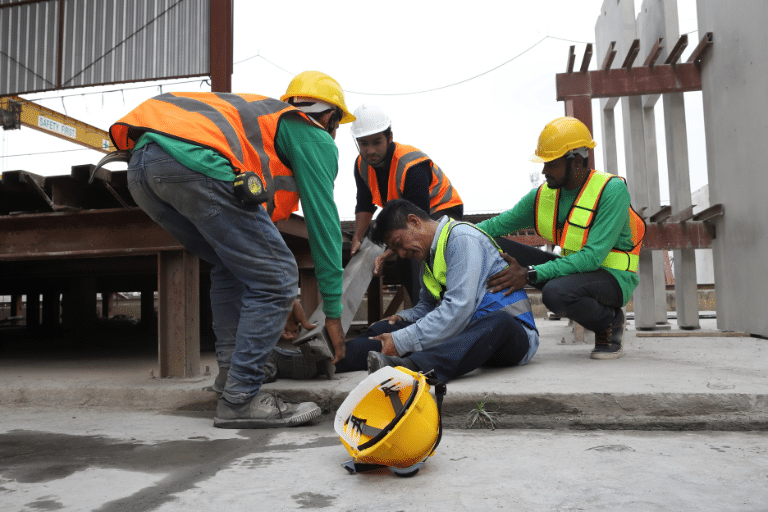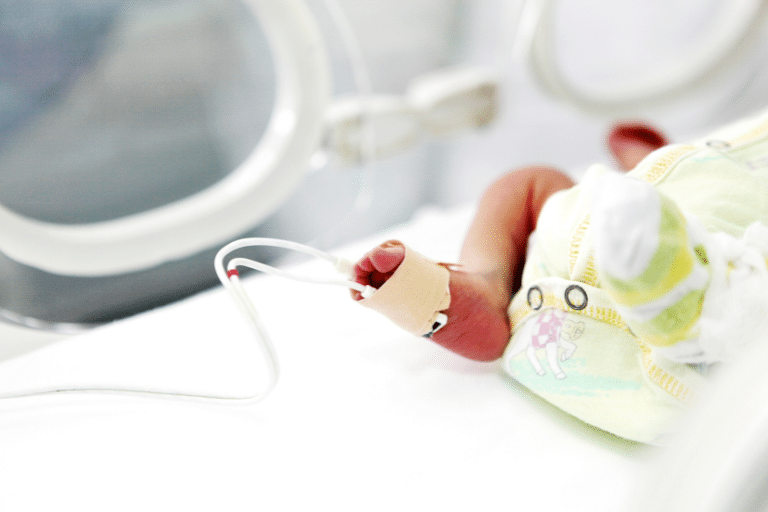If you, like me, have had to place a loved one in a nursing home facility, you know that, in and of itself, it is a terribly sad ordeal. A once proud, independent parent or grandparent must relinquish all control and rely on others for the most simple and basic tasks that we take for granted.
The sad circumstance, often times, spirals down into a nightmare when they become victims of neglect and abuse. Because they are so helpless and vulnerable they can easily fall prey to nursing homes that are understaffed and whose employees are poorly trained and poorly supervised.
In my 33 years of working as a Cleveland personal injury lawyer, I have represented countless victims of nursing home neglect and abuse. Each and every case breaks my heart because that victim reminds me of relatives that have spent their remaining days in assisted living environments.
The common question is, “What can we do to protect our loved ones and safeguard them from brutal and horrific treatment?”
A recent New York Times article, Watchful Eye in Nursing Homes, discusses the more and more popular use of hidden cameras in nursing homes and long-term care facilities to protect patients from mistreatment and abuse.
Proponents believe that hidden cameras are the only way to really know for sure what is going on, while others, including Marie-Therese Connolly, former Justice-Department coordinator of the Elder Justice and Nursing Home Initiative think that the problem is a bigger one than cameras can fix. “We shouldn’t rely on them to substitute for proper staffing and training, which are better ways to assure quality.”
Making them pay in a nursing home case means getting the victim and their family adequate compensation so that they may be made whole and can go on to lead as normal of a life as possible. In addition to that, my goal is to change policy and protocol so that the tragedy that befell my client never happens to anyone ever again.
I am proud to say that the claims and lawsuits that I have brought against nursing homes have actually changed the way nursing homes do business. Their insurance providers say to them, in very clear terms, that in order for insurance coverage to continue to be extended, the facility MUST make changes so that this problem never happens again.
It is very, very important to know that nursing home cases fall under the umbrella of medical malpractice claims. This is important to note because there is a one-year statute of limitations, as opposed to the two-year statute for general negligence claims.
I can’t tell you how many times in my 33-year-career of representing the injured victim I have gotten a call from someone who told me their loved one was killed or catastrophically injured as a result of nursing home negligence. But tragically they waited beyond the one-year statute to call me, and they are forever barred from bringing a claim.
That is why it is so very important that if you think you or a family member has been hurt you need to call me right away at 1-800-55-MISNY.







